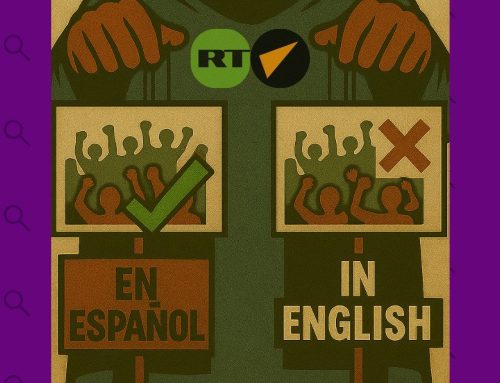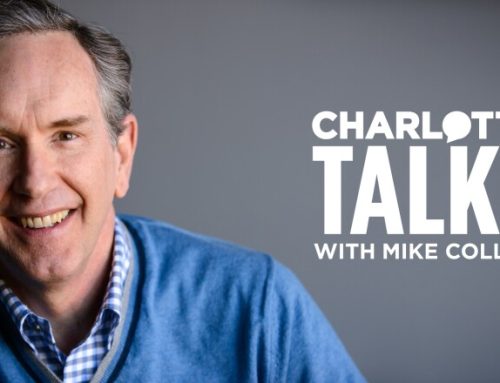Restart, a fringe Iranian dissident group, shows how conspiracy spreads—and what that means for U.S. politics, Middle East Fellow Ariane Tabatai writes in Foreign Policy.
QAnon entered the mainstream U.S. political lingo in 2017, when its followers propagated the conspiracy theory that the “deep state” was plotting against U.S. President Donald Trump. Since then, ideas put forth by QAnon have gained traction, thanks in part to U.S. President Donald Trump giving a platform to its followers on a number of occasions, including by retweeting messages from accounts linked to the group. Most recently, a number of individuals with apparent ties to QAnon have become Republican candidates for Congress.
Although QAnon’s raison d’être is largely rooted in domestic politics—and it has capitalized mainly on anxieties prevalent in U.S. society—the conspiracy theory has recently developed an unlikely group of adherents: an Iranian dissident group that calls itself Restart. Despite remaining a minor political force for now, Restart is a fascinating example of a broader trend: conspiracist thinking going global.




